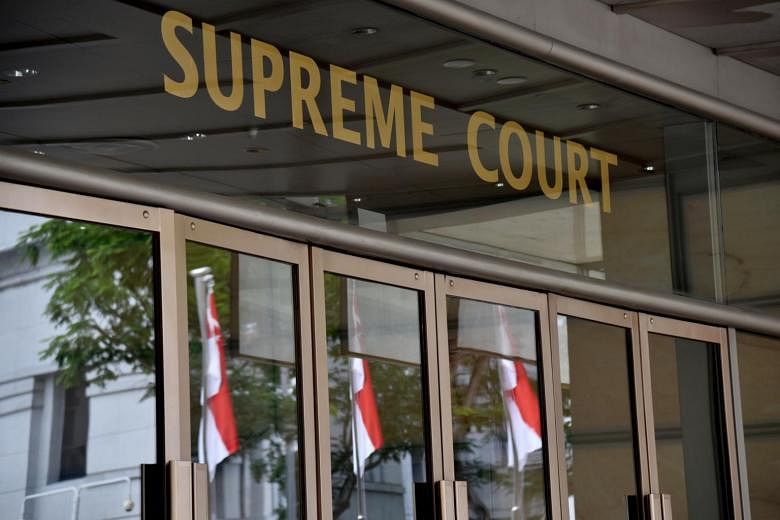A new appellate court could be introduced to ease the burden on the current Court of Appeal, which has seen its caseload increase by more than 50 per cent over the past five years.
The Supreme Court will have to be restructured to enable this, and the Government is studying the options, said Senior Minister of State for Law and Health Edwin Tong.
The total number of cases before the Court of Appeal rose by 56 per cent to 490 last year, compared with 314 cases in 2013, with Singapore positioning itself as an international hub for dispute resolution services, he added.
While measures - such as having more High Court judges sit on the Court of Appeal and increasing the number of sitting days - have since been implemented in the interim, a "more permanent" solution is needed, Mr Tong said yesterday at a Litigation Conference organised by the Law Society of Singapore.
The Ministry of Law is studying various options to allow appeals from the High Court to be distributed between two appellate courts, and for a pool of judges to sit in the new court.
The Court of Appeal will also retain its status as the apex court of the land, said Mr Tong.
It will primarily hear cases that are likely to have "substantial consequences" to individuals or society, or that relate to its oversight of lower courts and tribunals or concern the general administration of justice. These could be matters relating to the Constitution, contempt of court and the Singapore International Commercial Court.
Other appeals from the High Court will then be heard by the new appellate court, he said, adding: "However, a mechanism will allow appeals that do not fall within these categories of cases, but satisfy certain other criteria, to be dealt with by the Court of Appeal directly."
Further appeals to the Court of Appeal for cases heard by the new appellate court may be allowed under stringent requirements "for example, where the appeal raises an arguable point of law of general public importance", he said.
Law Society president Gregory Vijayendran acknowledged the "phenomenal increase in appeal caseload" and is "looking forward to receiving fuller details of this new mezzanine or intermediate appeal court", particularly the distribution of cases between the new court and the Court of Appeal.
The dean of Singapore Management University's School of Law, Professor Goh Yihan, said: "If the addition of an intermediate appellant court means that the apex court will have more time to consider significant points of law of general public importance, then that is certainly to be welcomed as the development of the law is just as important as its application.
"This is consistent with the approach in other jurisdictions which have more tiers in their court system as compared with Singapore," he said, adding that the Court of Appeal was already developing local jurisprudence to a significant extent.
Meanwhile, Mr Tong also said that the Law Ministry could make adjustments to the proposed civil justice reforms, in response to concerns raised by lawyers.
The proposal to use a single common expert for expert evidence had raised fears that parties might have to bear extra costs to appoint their own expert to advise them.
Mr Tong said the proposal will be refined and it will not be mandatory to have one common expert. However, the proposed rules will still require the parties to consider having a single expert to save time and costs, he added.


